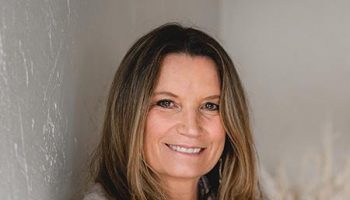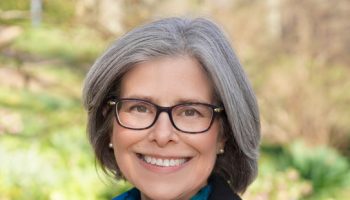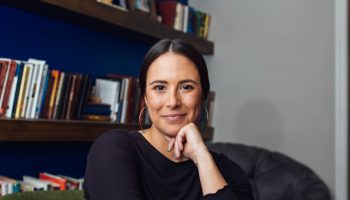Some habits start in childhood; some are learned and some are trained. The brain’s neurological wiring is susceptible to all of these beginnings, and all of them affect people’s behavior.
Satpal Singh, a professor at SUNY Buffalo in the Department of Pharmacology and Toxicology, specializes in behavioral pharmacology and neurobiology.
He will speak at 2 p.m. Thursday, June 30, in the Hall of Philosophy with a lecture titled “Global Consciousness in an Interconnected World” for the Interfaith Lecture Series’ Week One theme of “America’s Global Conscience.”
In the context of America’s global conscience, his main points include asking the questions: Where have we been, where are we and where do we hope to be headed? He said the most important aspect of effectively coexisting is that people are connected with themselves and interconnected with their countries.
“We cannot exist by ignoring others, because that impacts us just as our behavior (does),” Singh said.
For Singh, there is a clear connection between people’s behaviors toward each other and coexisting religiously.
“I (was once) a target of very serious religion-based wars,” Singh said. “That opened my eyes to the need for bringing in interfaith harmony and living in peace with each other.”
The internal assassination of Prime Minister Indira Gandhi, murdered by her Sikh bodyguards, resulted in waves of massacres across India. Singh became a victim of that violence when he was traveling by train to start a new job; a mob beat him unconscious and then threw his seemingly lifeless body off the train. After this, he was motivated to begin working in human rights.
Singh attended Panjab University in Chandigarh, India, received his doctorate in molecular biology at the Tata Institute of Fundamental Research in Mumbai, and has been with SUNY Buffalo as a professor since 1989. His work at the Sikh Council for Interfaith Relations and the World Sikh Council, among other organizations, has made him a leader in his field. In 2015, during Pope Francis’ first visit to the United States, Singh was present for an interfaith gathering at the National September 11 Memorial & Museum.
Singh shared a Sikh prayer at the event.
“I think a lot of people are quite aware of the need for living in harmony among one another,” Singh said.
Violence and rancor across the world are only hurting people and their faith, Singh said.
“Hatred and violence against what we generally perceive as Other is not conducive for living in peace and harmony for any country,” Singh said.
He believes basic fundamentals are similar in all religions, and that there’s misunderstanding on how to use these fundamentals to create peace and harmony.
“The idea there is to hold interfaith dialogues about issues that are important to all of us,” Singh said. “Obviously some of these things we cannot affect too much, but things like hatred and violence within our own borders (needs to be addressed).”




